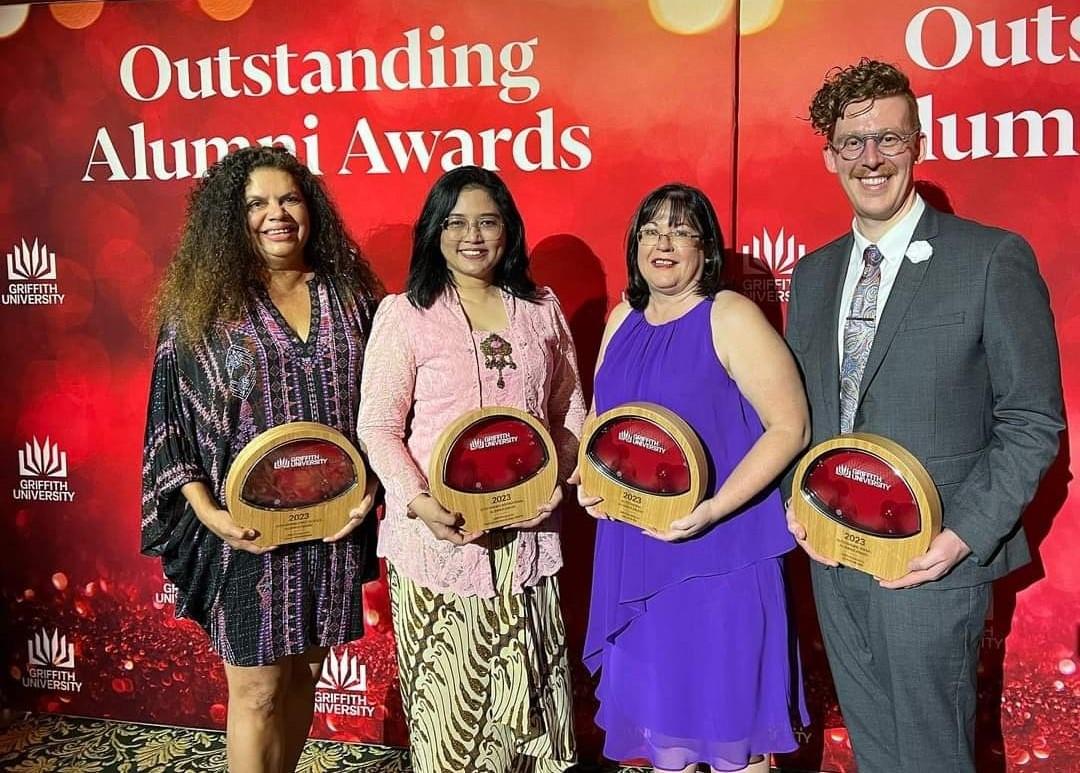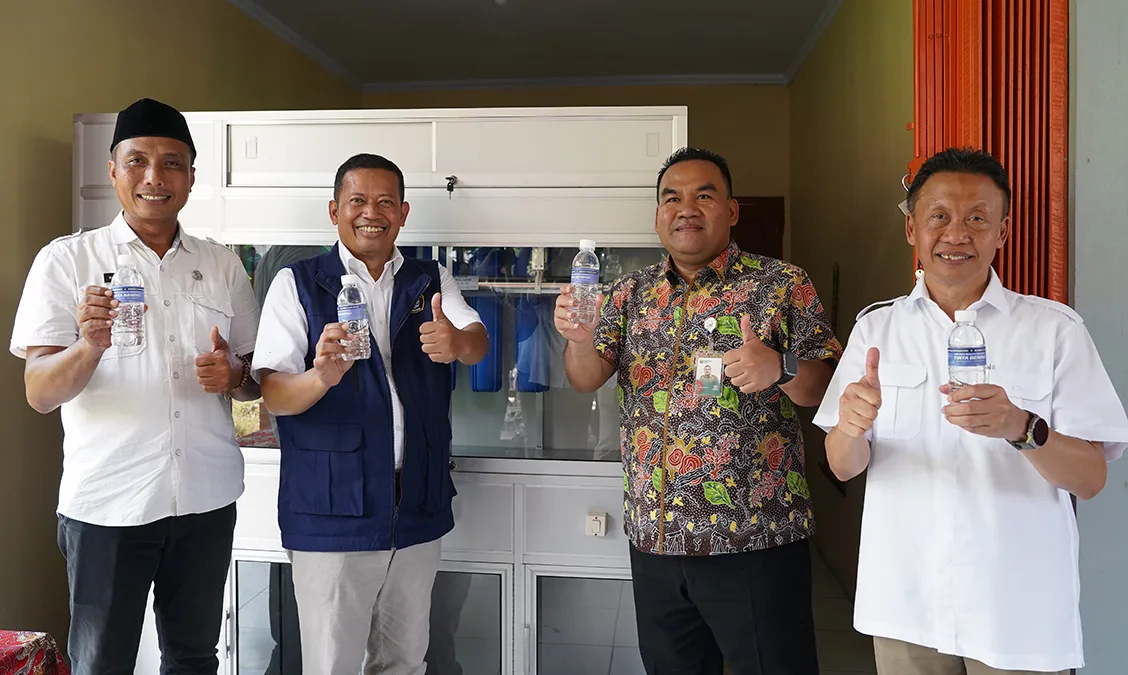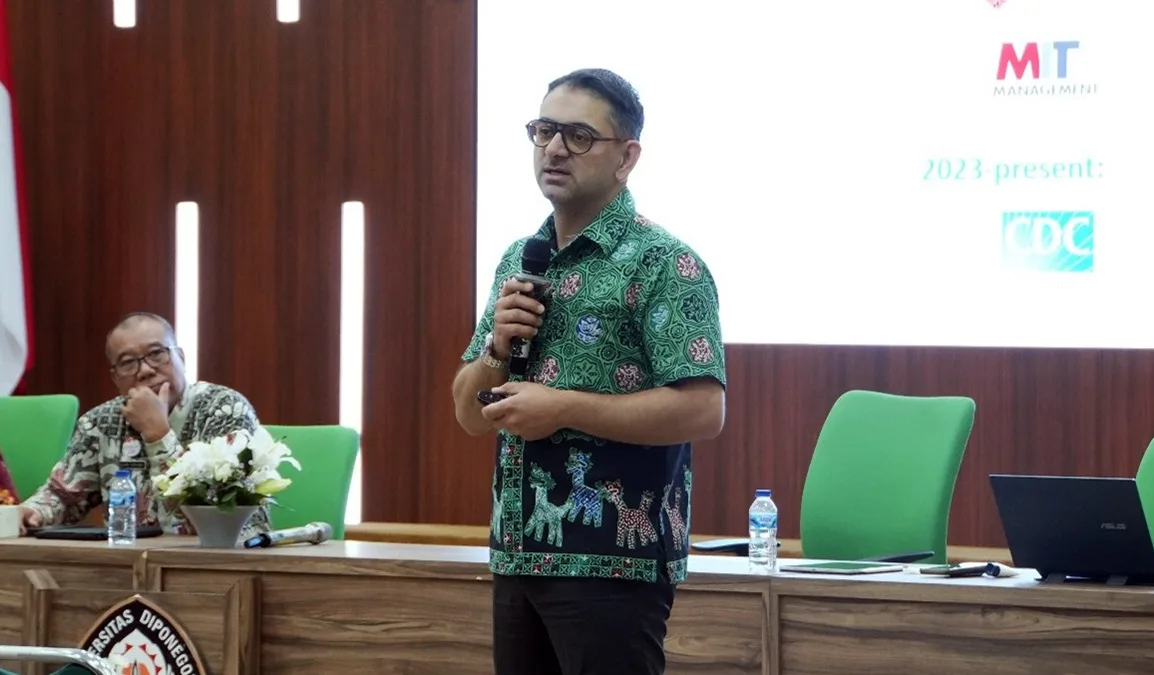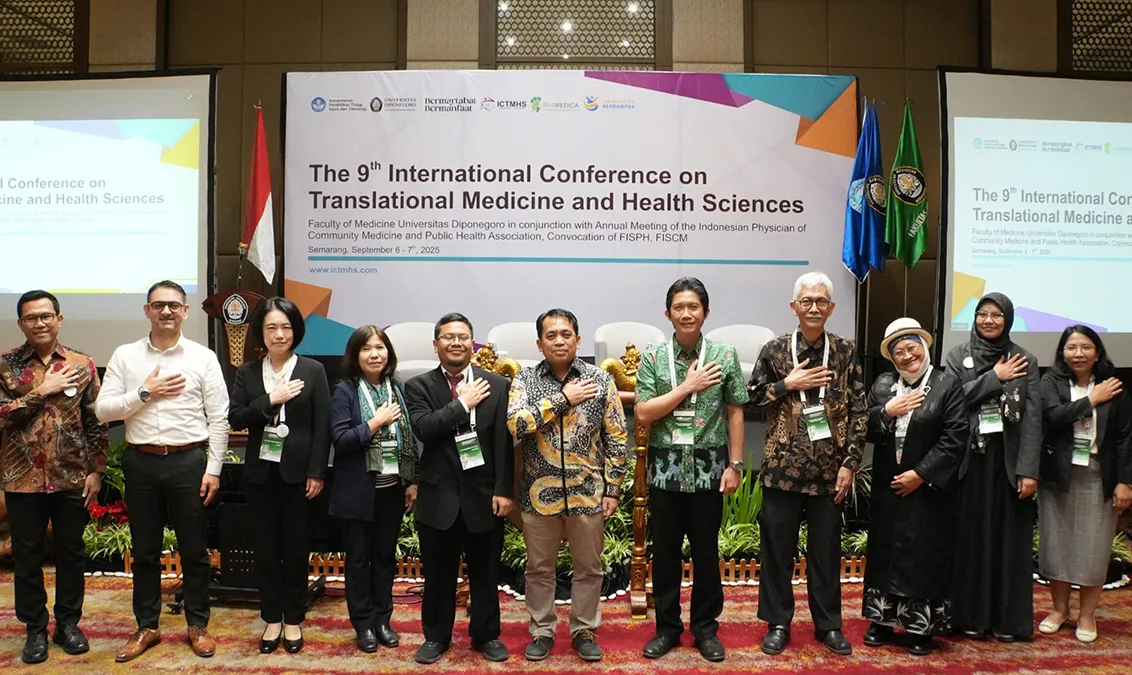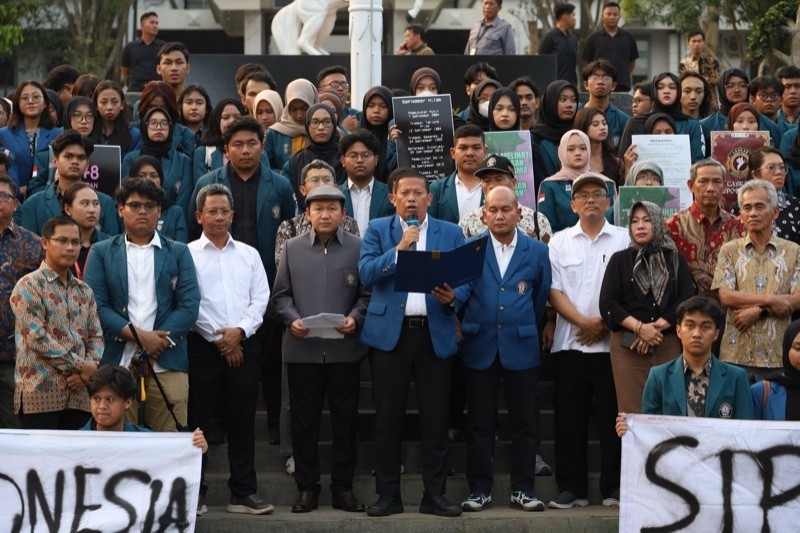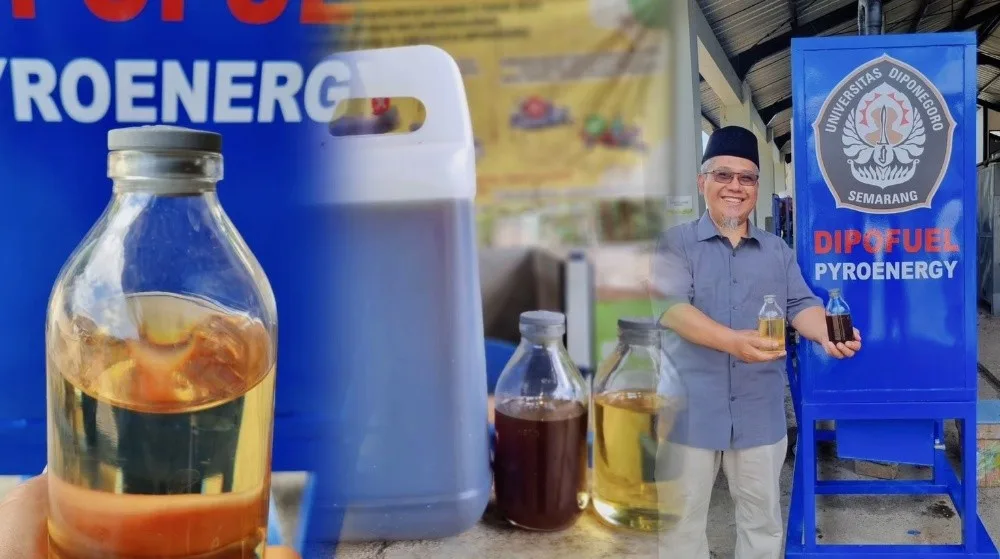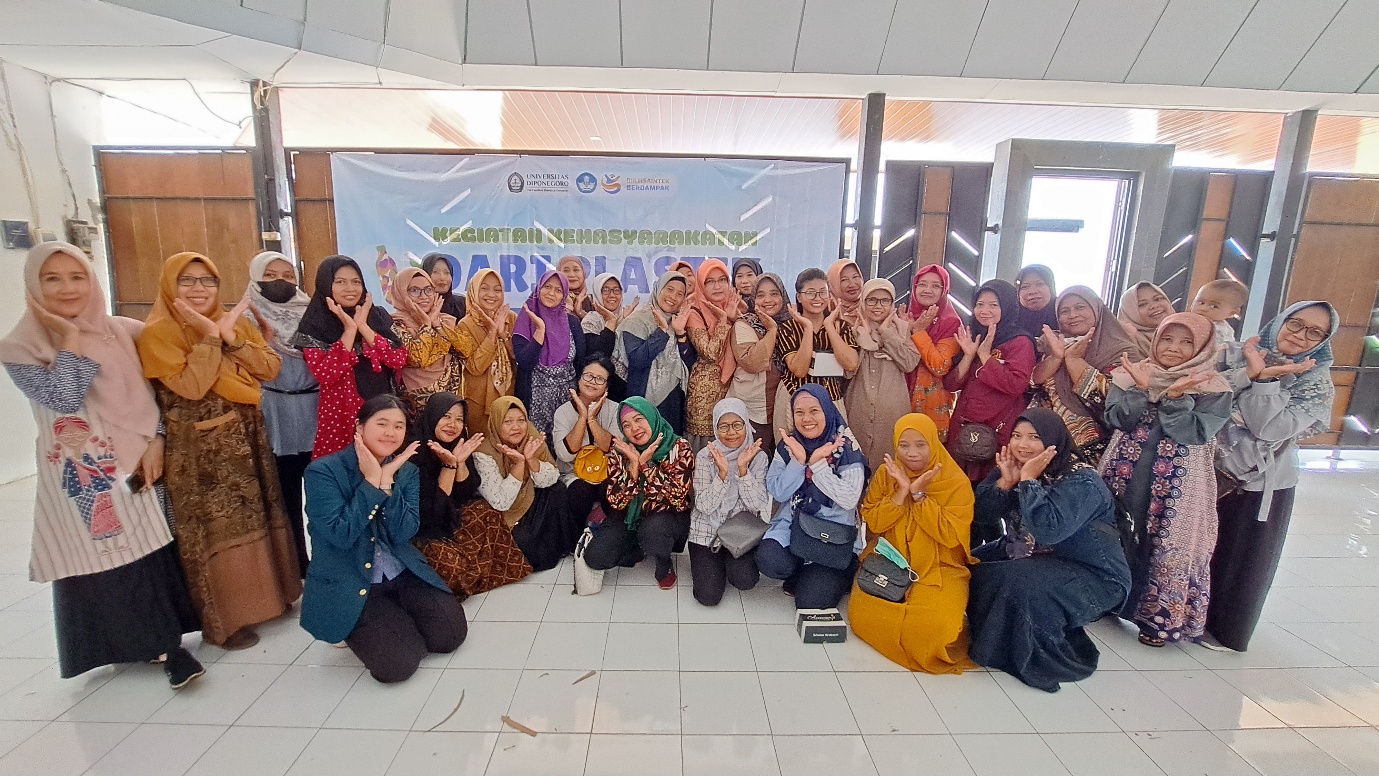On Friday, September 8, 2023, the Dean of the Faculty of Psychology, Diponegoro University, Professor Dian Ratna Sawitri, received the 2023 Outstanding Alumni Award for the Health Group from Griffith University. This year’s annual event was held at the Intercontinental Sanctuary Cove Resort, Queensland, Australia.
Vice Chancellor and President, Professor Carolyn Evans, stated that 16 outstanding alumni had obtained top positions in the Arts, Education and Law (AEL), Griffith Business School (GBS), Griffith Health, and Griffith Sciences groups in the Outstanding First Peoples Alumnus, Outstanding International Alumnus, Outstanding Alumnus, and Outstanding Young Alumnus.
The 2023 Griffith University Alumni Award winners include renowned film, theater, and music makers, educators and entrepreneurs, psychologists, conservation activists, health champions, business people, and policymakers, whose significant contributions to society reflect Griffith University’s main values: excellence, ethics, and engagement.
Professor Analise O’Donnovan, who is the Pro Vice Chancellor (Health), handed over Professor Ard directly to Dian Ratna Sawitri, stating that Griffith University alumni are expected to be able to apply everything they have learned to create meaningful change in their business fields and their communities. When students graduate from Griffith University, they enter the real world to achieve success for themselves and make what they do indeed matter.
In this regard, Professor Dian Ratna Sawitri, also an adjunct professor at Griffith University for 2022 – 2025, explained that her interest in psychology began with the confusion she faced during high school. “I found it difficult to decide on a career due to a lack of information and role models. I can get good grades in Physics and Mathematics, but I’m not too fond of those areas. On the one hand, my parents hope and are happy that I can get good grades, but on the other hand, I don’t know what to do because I have difficulty getting to know myself,” she explained.
Many problems in Indonesia are caused by differences between parents’ expectations and teenagers’ performance. Through her studies, Professor Sawitri discovered that many teenagers in Indonesia were facing similar struggles as she had experienced. “This made me choose educational psychology to overcome this important decision-making problem. “I am very interested in how the younger generation makes their career choices and see the influence of culture on the way they make decisions in academics and careers,” she said.
During her doctoral studies at Griffith University, Professor Sawitri’s research focused on the influence of parents on career aspirations on the academic and career development of Indonesian teenagers in the context of a collectivist culture. She created the Teen-Parent Career Congruence Scale, which helps measure how much parental support teenagers feel, whether it aligns with their child’s career aspirations, values, and interests and whether what the teenager does can make their parents proud. Then, she conducted various cross-sectional and longitudinal studies to prove the hypothesis that career congruence between teenagers and their parents is the primary key to the success of Indonesian teenagers in the academic and career fields.
“My research aims to help teenagers, especially those from collectivistic cultural contexts, such as Indonesia, to learn to make career choices that are in line with parental expectations and support, as well as optimizing the role of parents in helping children make the right career decisions,” he said.
In addition, she has also undertaken community service to support parents so that they can realize the impact of their career expectations on their children, develop a realistic understanding of their children’s career-related capacities, and determine the type and level of support they are likely to give to their children. She uses her skills to help others advocate for themselves. She has also designed several programs for students to optimize their career development and transition into the world of work. She also developed several programs for academics to build their career paths and reputations. Professor Sawitri is always enthusiastic about creating sustainable capacity development programs for students and lecturers, teenagers and parents, and alumni.
In the future, Professor Sawitri wants to pay greater attention to her findings and encourage further research in career development. “I hope to work with experts from around the world and Griffith University alumni to form a research consortium in the career field in 2024,” she said.
With the economic and mental health challenges faced by the entire world’s population, especially in Indonesia now and in the future, Professor Sawitri said, “It is important for the younger generation to build their career identity. Suppose they continue to do and develop what they can do and like, which can be synergistic with the expectations and support of their family and closest environment. In that case, they will become experts in their field and live happily. Indonesia is and will need this figure. Therefore, sustainable research studies and synergistic collaboration between academics, business, society, and government must continue to be developed.”
